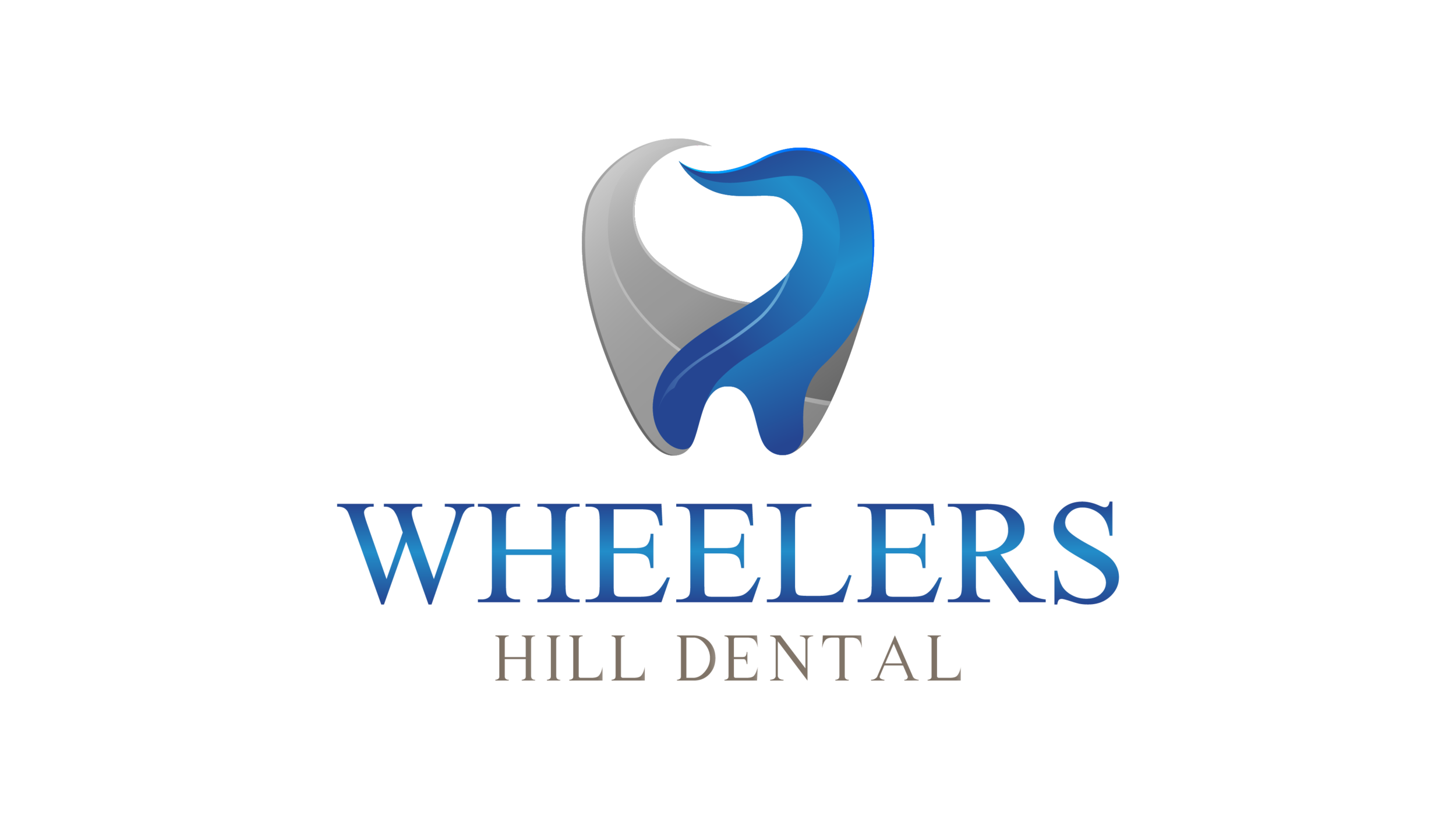CORONAVIRUS DISEASE MYTH BUSTERS
The World Health Organisation (WHO) has answered some common questions pertaining to methods used to help prevent coronavirus infection:
CAN GARGLING MOUTHWASH PROTECT YOU FROM INFECTION WITH THE NEW CORONAVIRUS?
No. There is no evidence that using mouthwash will protect you from infection with the new coronavirus. Some brands of mouthwash can eliminate certain microbes for a few minutes in the saliva in your mouth. However, this does not mean they protect you from 2019-nCoV infection.
ARE ANTIBIOTICS EFFECTIVE IN PREVENTING AND TREATING THE NEW CORONAVIRUS?
No, antibiotics do not work against viruses, only bacteria. Therefore, antibiotics should not be used as a means of prevention or treatment. However, if you are hospitalised for the 2019-nCoV, you may receive antibiotics because bacterial co-infection is possible.
ARE HAND DRYERS EFFECTIVE IN KILLING THE NEW CORONAVIRUS?
No. Hand dryers are not effective in killing the 2019-nCoV. To protect yourself against the new coronavirus, you should frequently clean your hands with an alcohol-based hand rub or wash them with soap and water. Once your hands are cleaned you should dry them thoroughly by using paper towels.
DO VACCINES AGAINST PNEUMONIA PROTECT YOU AGAINST THE NEW CORONAVIRUS?
No. Vaccines against pneumonia, such as pneumococcal vaccine and Haemophilus influenza type B (Hib) vaccine, do not provide protection against the new coronavirus. The virus is so new and different that it needs its own vaccine.
HOW EFFECTIVE ARE THERMAL SCANNERS IN DETECTING PEOPLE INFECTED WITH THE NEW CORONAVIRUS?
Thermal scanners are effective in detecting people who have developed a fever because of infection with the new coronavirus. However, they cannot detect people who are infected but are not yet sick with fever. This is because it takes between 2 and 10 days before people who are infected become sick and develop a fever.
IS IT SAFE TO RECEIVE A LETTER OR A PACKAGE FROM CHINA?
Yes, it is safe. People receiving packages from China are not at risk of contracting the new coronavirus. From previous analysis, we know coronaviruses do not survive long on objects.
DOES THE NEW CORONAVIRUS AFFECT OLDER PEOPLE, OR ARE YOUNGER PEOPLE ALSO SUSCEPTIBLE?
People of all ages can be infected by the new coronavirus. Older people, and people with pre-existing medical conditions such as asthma, diabetes, heart disease) appear to be more vulnerable to becoming severely ill with the virus. WHO advises people of all ages to take steps to protect themselves from the virus, for example by following good hand hygiene and good respiratory hygiene.
ARE THERE ANY SPECIFIC MEDICINES TO PREVENT OR TREAT THE NEW CORONAVIRUS?
To date, there is no specific medicine to prevent or treat the new coronavirus. However, those infected with the virus should receive appropriate care to relieve and treat symptoms, and those with severe illness should receive optimised supportive care. Some treatments are under investigation, and will be tested through clinical trials.
CAN SPRAYING ALCOHOL OR CHLORINE ALL OVER YOUR BODY KILL THE NEW CORONAVIRUS?
No. Spraying alcohol or chlorine all over your body will not kill viruses that have already entered your body. Spraying such substances can be harmful to the mouth and eyes. Be aware that both alcohol and chlorine can be useful to disinfect surfaces, but they need to be used under appropriate recommendations.
CAN REGULARLY RINSING YOUR NOSE WITH SALINE HELP PREVENT INFECTION WITH THE NEW CORONAVIRUS?
No. There is no evidence that regular rinsing the nose with saline has protected people from infection with the new coronavirus.
CAN PETS AT HOME SPREAD THE NEW CORONAVIRUS?
At present, there is no evidence that companion animals/pets such as dogs or cats can be infected with the new coronavirus. However, it is always a good idea to wash your hands with soap and water after contact with pets. This protects you against various common bacteria such as E.coli and Salmonella that can pass between pets and humans.
For more coronavirus disease advice please contact the WHO on +41-22-7912111.
Dr T. S. Saw OAM
Wheelers Hill Dental
